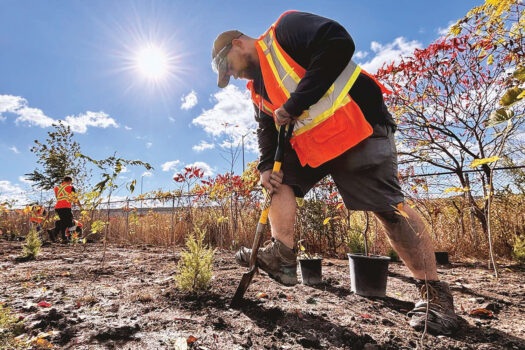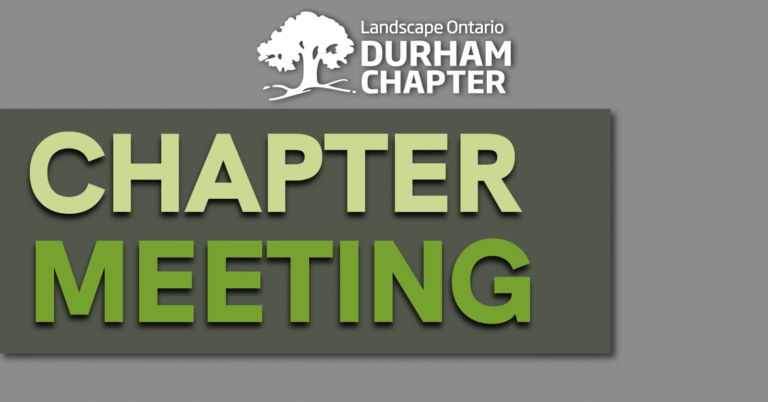 The Ontario Regional Common Ground Alliance (ORCGA) is now starting its second decade of efforts to save lives, reduce costs and further promote damage prevention of our underground utility assets in Ontario.
The Ontario Regional Common Ground Alliance (ORCGA) is now starting its second decade of efforts to save lives, reduce costs and further promote damage prevention of our underground utility assets in Ontario.
April, May and June are the key activity months for excavations, and the time when most underground accidents and utility strikes take place. We all need to take special precautions during this time.
To date we have some key accomplishments. They include, passage of Bill 8, ORCGA’s growth into a strong organization, the annual Dig Safe Month program, reduced landscape industry hits, the formation of a National Common Ground Alliance Association, creation of a best practices manual and a damage prevention technician program.
The passage of Bill 8 by the provincial government created strong regulations that will result in heavy fines for non-compliant companies. All utility asset owners must register with ON1CALL, by June 30, 2014. This is one of the strongest pieces of legislation involving damage to underground utilities in North America. All utilities must participate in the damage prevention movement. The Bill simplifies the process to obtain locates.
The annual Dig Safe month of April has several key municipal promotions and private sector damage prevention activities. It’s been a great tool to promote safe practices.
Over the last four years, the landscape industry has reduced the number of hits per 1000 locates by 60 per cent.
These are all key accomplishments that are helping us save lives, reduce costs of damages and promote awareness.
There are some goals for the immediate future. These include increasing public awareness in getting locates and advertising ON1CALL, ensuring that all horticultural training programs have a Dig Safe component, having more utilities represented at Landscape Ontario’s Congress to promote Alternate Locate Agreements (ALAs) with landscape contractors, increasing memberships in the ORCGA and increasing sponsorships to solidify ORCGA’s financial stability.
Challenges
The responsibility of obtaining locates and digging safe is always a challenge. However, do you fully understand what a locate provides and are you clear on what your call to ON1CALL will produce?
Your call will give you only locate markings of all utilities from the street into the property’s structure. It will not give you any marking information on any other utilities on the property. This has been a major source of utility strikes for landscapers.
If you are doing any excavating work, planting, fencing or grading in the backyard or side yard, then you need to call for additional private locates. You do not get them with your initial call to ON1CALL. I have already had a case where a contractor had to pay TSSA fines and administration fees, plus a gas line repair invoice. This occurred during a side yard grading project, where an unusually shallow gas line existed.
These fines and penalties can run you $2,500 to $3,000. Please make sure you call for separate private locates if any back or side yard work is being done on the property.
The ORCGA Board is committed to a continued effort to make sure that all excavating contractors and the public understand the risks involved in managing the underground utility infrastructure. We can all help by getting locates and digging safe.
The landscape industry has done a fine job in the last four years to improve our hits per 1,000 locates, so let’s keep it going by always calling ON1CALL, and being careful about back and side yard private property underground utilities.
Terry Murphy can be reached at tvmurphy@ca.inter.net.








